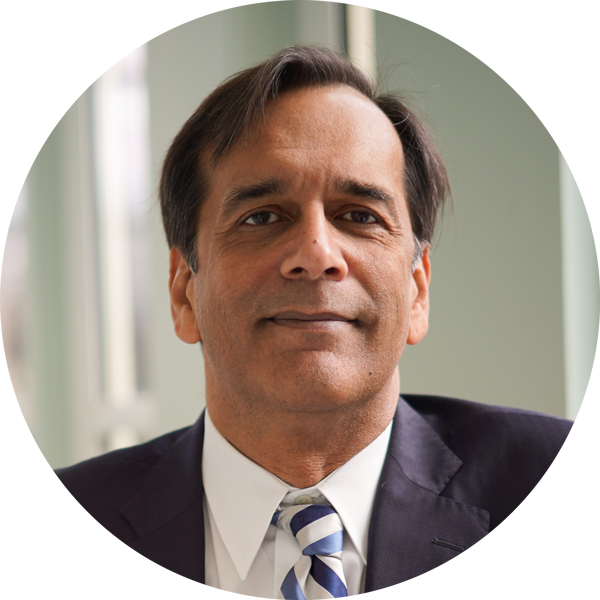The Other Side of the Oil Trade
Today most people are focused on the oil crash, but there are other moving parts they should pay attention to…
To start, many smaller exploration and production companies are surviving on thin air and a bunch of loans. With oil prices so low, most of these companies can’t meet their debt service, and that means problems for more than just the companies with the loans.
The banks that made those loans could be in trouble as well!
Unfortunately, banks love bad investments.
Just look back to the mortgage crisis of 2008 or the savings and loan crisis in the late ‘80s. If you think bankers are smart, you need to change your thinking.
Their greed trumps any common sense.
So you have oil prices falling for a decade now.
And what do bankers do?
They invest in shale companies as far as the eye can see. Meanwhile, two major oil producers, Iran and Venezuela, are about to collapse and add even more pressure to prices. Then add our two “friends,” Russia and Saudi Arabia, which control a big chunk of the world’s daily production, and you have disaster written all over the place!
With friends like these, who needs enemies?
Of course, oil will find its bottom, and that’s why we are only now beginning to dip our toes in the sector.
As I mentioned earlier, banks did not just “dip their toes” in the sector, and that’s why many are at risk of getting their earnings and book values hammered.
The health of banks is measured by tangible common equity (TCE). TCE measures what a bank is worth after all its obligations. The higher that number is, the better.
However, loans are measured against TCE, so the higher that number as a percentage, the worse the situation.
For example, a bank that is leveraged to 100% of TCE is worse than one at 10% of TCE. As you will see in the chart below, there are a lot of banks you should avoid, short or make sure are not in your portfolio.
Here’s KBW’s (an investment bank) list of U.S. banks whose loan exposures to the energy industry are highest relative to TCE as of December 31, 2019.
- BOK Financial Corp. – 108%
- Bank7 – 104%
- Cadence Bancorp. – 76%
- CrossFirst Bankshares – 69%
- Cullen/Frost Bankers – 53%
- Independent Bank Group – 45%
- First Horizon National Corp. – 39%
- Hancock Whitney – 38%
- Associated Banc-Corp. – 35%
- CBTX – 33%
- Comerica – 32%
- Allegiance Bancshares – 31%
- East West Bancorp. – 29%
- Prosperity Bancshares – 26%
- BancFirst Corp. – 25%
- Zions Bancorp. – 25%
Information like this is invaluable, and inside our trading research room, I share insights like this on a daily basis. That is why you should join me in The War Room!
You can get updates and insight from Pro Traders in real time while others are wondering what happened. I hope to see you in there soon!
About Karim Rahemtulla
Karim began his trading career early… very early. While attending boarding school in England, he recognized the value of the homemade snacks his mom sent him every semester and sold them for a profit to his fellow classmates, who were trying to avoid the horrendous British food they were served.
He then graduated to stocks and options, becoming one of the youngest chief financial officers of a brokerage and trading firm that cleared through Bear Stearns in the late 1980s. There, he learned trading skills from veterans of the business. They had already made their mistakes, and he recognized the value of the strategies they were using late in their careers.
As co-founder and chief options strategist for the groundbreaking publication Wall Street Daily, Karim turned to long-term equity anticipation securities (LEAPS) and put-selling strategies to help members capture gains. After that, he honed his strategies for readers of Automatic Trading Millionaire, where he didn’t record a single realized loss on 37 recommendations over an 18-month period.
While even he admits that record is not the norm, it showcases the effectiveness of a sound trading strategy.
His focus is on “smart” trading. Using volatility and proprietary probability modeling as his guideposts, he makes investments where risk and reward are defined ahead of time.
Today, Karim is all about lowering risk while enhancing returns using strategies such as LEAPS trading, spread trading, put selling and, of course, small cap investing. His background as the head of The Supper Club gives him unique insight into low-market-cap companies, and he brings that experience into the daily chats of The War Room.
Karim has more than 30 years of experience in options trading and international markets, and he is the author of the bestselling book Where in the World Should I Invest?






